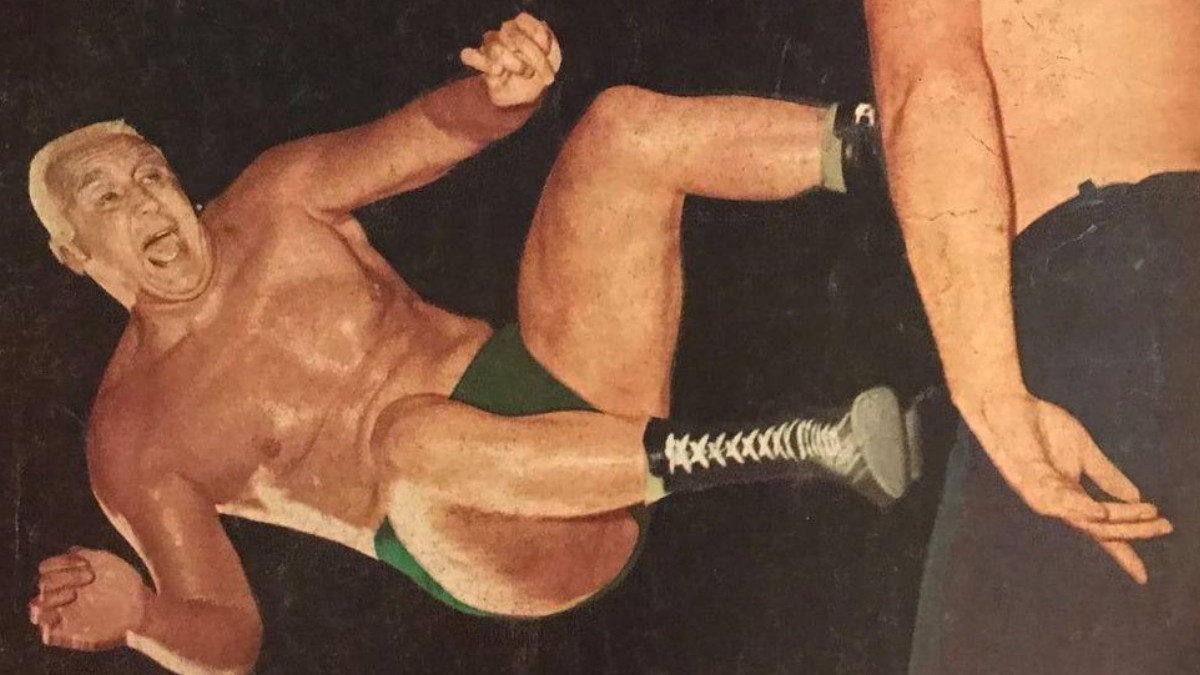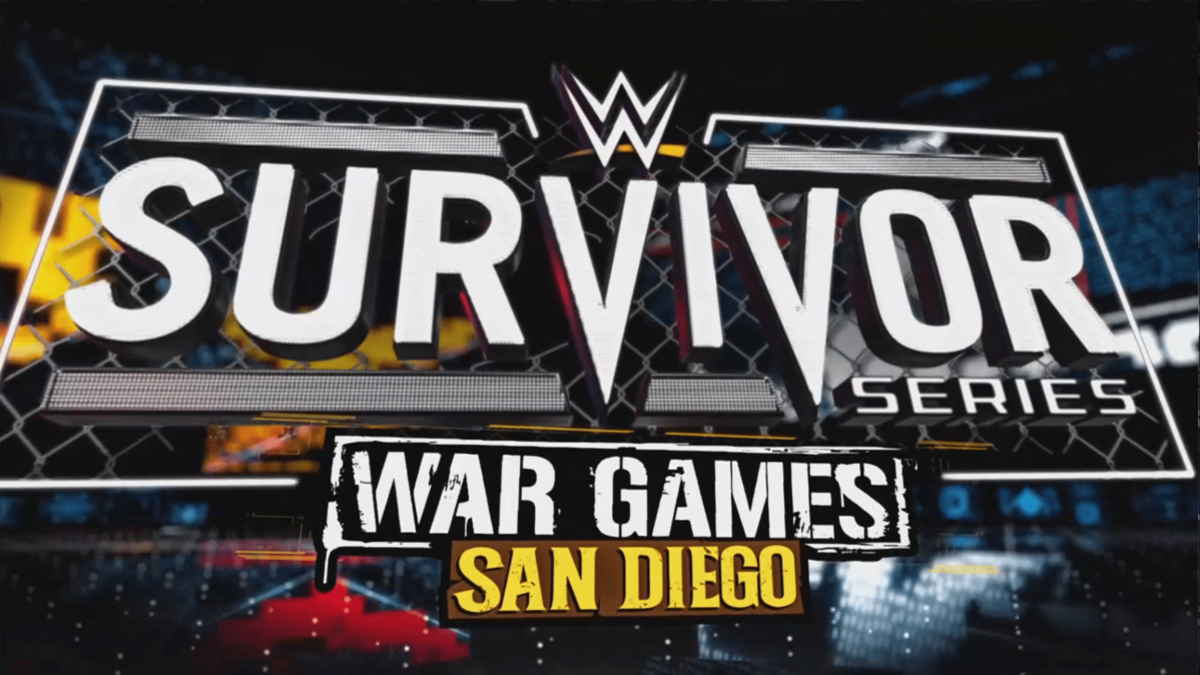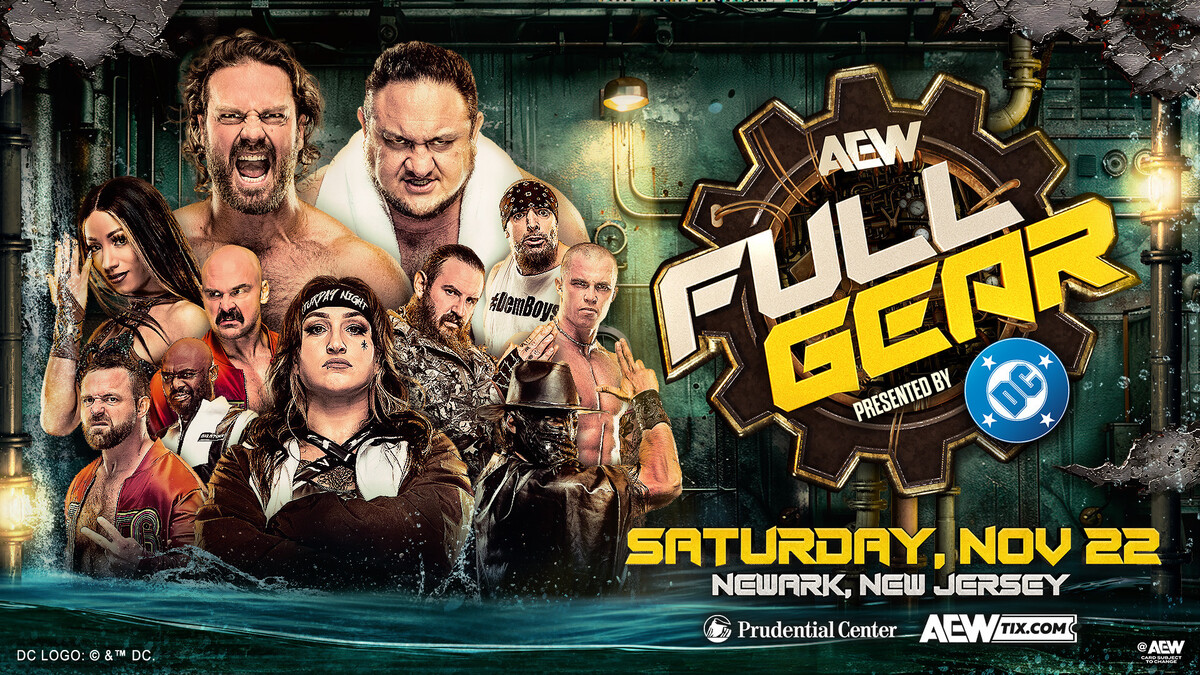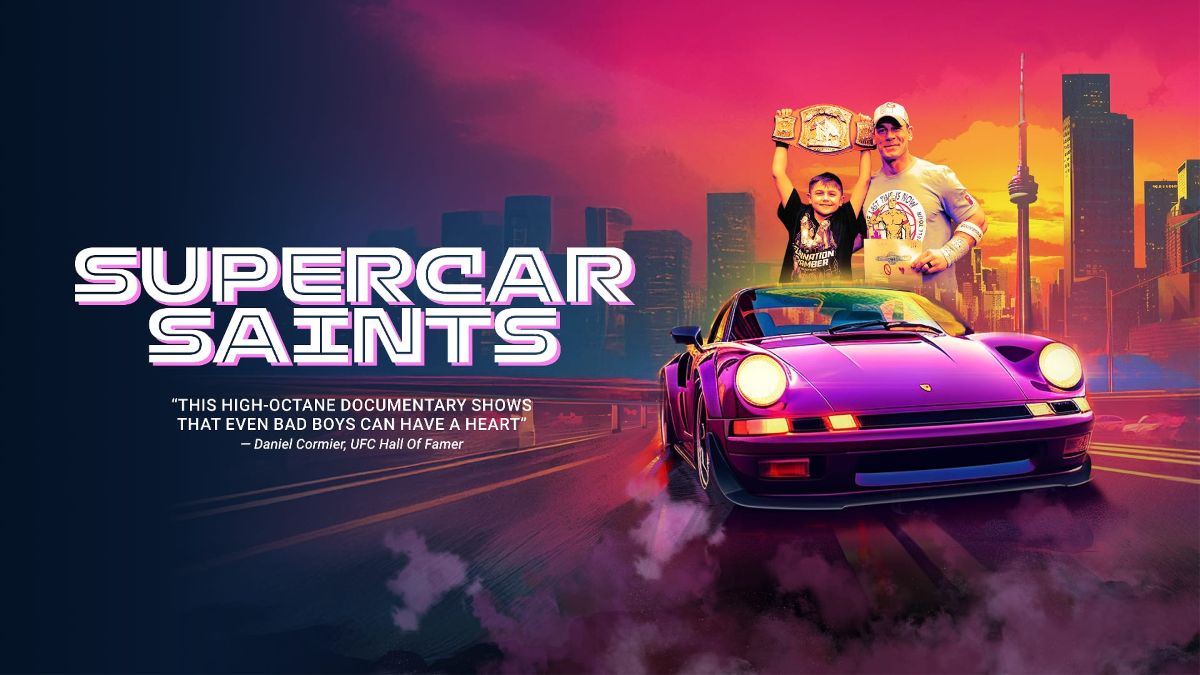Bob Orton Sr. touched a lot of lives in pro wrestling. His friends recalled many things over the past few days — his tremendous in-ring talent, his quirkiness, his pride over his family, and, over the last few years, his phone calls.

Danny Miller used to get a call a couple of times a month from Orton on the weekend. “I’m going to miss that,” said Miller, who battled Orton many times around the rings of Florida. “The first thing he’d say was, ‘Hey, kid, do you know who this is?’ How could you help but know?”
Orton loved to talk wrestling, said Miller. “He’d talk about what’s going to happen to the world. He was very high on Vince McMahon because of his grandson Randy.”
He loved conspiracy theories and ranting on any number of subjects. “International bankers, they run the central banks of the major countries, are the ones running the show. They create and promote the wars, finance both sides and everything. They’ve made puppets out of all the so-called leaders and politicians,” he once told this writer.
His friend of more than 50 years, Sonny Myers, laughed when once asked about Orton’s calls. “He’s told me so much I don’t believe goddamn nothing.”
After hearing of Orton’s death, Myers reflected on their time together. “He was a good friend of mine. He was a happy-go-lucky boy. Hell, I don’t know of anybody who ever said he was a bad guy or nothing. He just was a good guy. He was just a nice fella.”
And Myers, with his 84 years of wisdom, is correct. No one had anything negative to say about Orton’s in-ring abilities.
“I always thought that Bob’s problem was he didn’t know how good he was,” chuckled Dick Brown, the son of the great Orville Brown, who Orton worshipped. “He was really better than maybe he thought he was. I considered Bob to be very good. … I think he was maybe a little underrated.” Brown wrestled Orton a handful of times, and worked out with him for a couple of years.
Perennial babyface Sandy Scott was often on the other end of Orton’s blows. “He was a heck of a hell, a very serious heel. His work was excellent. He was very convincing, very convincing,” said Scott. “Whatever he did, he did it right, and it was slow. Nothing was hurried up with Bob. What he did he, though, was serious and very convincing.”
Scott recalled going to visit Orton Sr. in Kansas City, who was doing work around his home. Orton stepped on a nail. “It was no big deal to him. ‘I’ll take care of it. Don’t worry about. Nice seeing you guys,'” said Scott.
Manager Sir Oliver Humperdink, who first met Orton Sr. and his rookie son Bob Jr. in 1976, concurred. “I think what got him over with the fans was his straight ahead, grinding wrestling style that wasn’t fancy but was believable and effective. By that, I mean with Bob there was no wasted motion. Everything he did made ‘sense.’ In short, he wrestled you but when you thought you had the best of him, he would do a single heel move to get the advantage again.”
At 6-foot-3, 235 pounds, he could match up with just about anyone. The December 1954 edition of Boxing and Wrestling magazine explored Orton’s rougher side. “[W]hen Bashin’ Bob started to break about every rule of civilized conduct in the ring, he started to break into the magic circle of big time money makers,” wrote Joe Weider. “His fuzzy apple cheeks give him an appearance of angelic temperament that he immediately starts to destroy once he swings into action. He combines a rapid succession of stomps, hair pulls, eye gouges and other variations of pier 6 tactics to break down an opponent’s defense as soon as possible. When his man is weakened sufficiently, he will use a pile driver, body slam, or flying drop kick to get his fall.”
The toughness was bred in him from the start, with his parents running a bar. When Orton became a wrestler, it became a favourite haunt for his colleagues. “We used to go down to Bob Orton’s mom’s tavern, called Mary’s Tavern, in Kansas City, Kansas. We used to go there after the matches on Thursday night religiously,” recalled Kansas City announcer Bill Kersten. “Mary was a beautiful lady, well-liked by everybody in there. When we’d go in there, we’d always keep the trouble away.”
Perhaps some of Orton’s quirkiness was brought to the forefront with his donning of a mask as the mysterious Zodiac in Florida. In a June 1972 newsletter, correspondent Hal Habib talked about his first impressions of the Zodiac. “The weirdest thing I have ever seen in wrestling has come to Florida last week. He is a masked guy called Zodiac. His is a tough one, but dirty. That is not the odd part. The odd part about him is his interviews. He refuses to talk to Gordon Solie on TV so instead he sends him film. See if you can picture this: On the old thrillers, they all have the boss but all you can see is his head’s shadow against a white screen. His voice is taped through an amplifier with the trebel on all the way, so his voice is heard avout three or four times .. He has a new friend called (you gussed) Taurus.”
One of the youngsters influenced by Orton Sr. during the twilight of his career in Florida was Randy Colley, who would go on to be Moondog Rex and the creator of Demolition, among countless other personas. “You had to get to know him. We got to be good friends. He rode with me just about all the time,” said Colley. “A lot of people couldn’t stand him and tried to pack him off to ride with somebody else. He was just somebody you’d have to try to get to know.”
Humperdink also learned in the car with Orton Sr. “We would travel together back then, and I learned a lot from him by simply listening,” SOH said. “I am so happy to have been able to spend some time with him in Vegas over the last few years at Cauliflower Alley [Club].”
We’ll leave the last word with Danny Miller, who praised Orton Sr.’s in-ring ability and explained that Orton had more wrestling skills than was immediately apparent. “He was very defensive, very, very defensive. He knew how to protect himself at all times,” concluded Miller. “One of the tougher opponents I ever had, equal with Lou Thesz.”
— with files from Steven Johnson
RELATED LINK
Greg Oliver talked to Bob Orton Sr. on a few occasions — his recollections of the Sharpe brothers are in both The Pro Wrestling Hall of Fame: The Tag Teams and The Pro Wrestling Hall of Fame: The Canadians. He finally got up the nerve to ask Bob in person at the Cauliflower Alley Club reunion in June for an autograph in the book. Orton Sr. did have a presence about him, even in his souped-up wheelchair. Greg can be emailed at goliver845@gmail.com.




